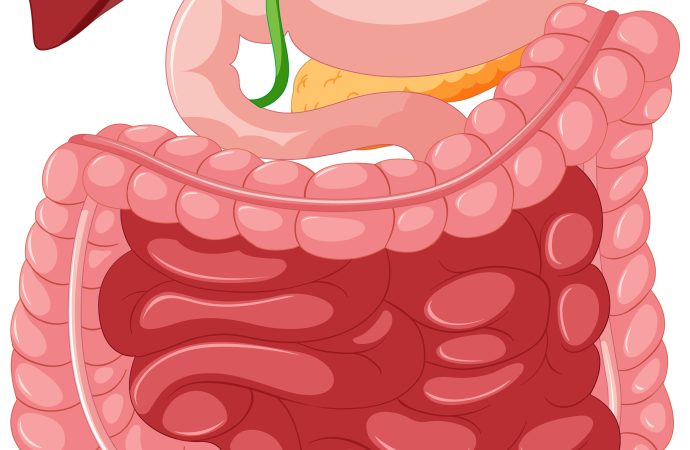The spleen is an important organ that plays a vital role in our immune system, filtering out old or damaged red blood cells, and producing new ones. However, this organ can be susceptible to damage or rupture, leading to serious health complications. Spleen rupture is a rare but potentially life-threatening condition that requires immediate medical
The spleen is an important organ that plays a vital role in our immune system, filtering out old or damaged red blood cells, and producing new ones. However, this organ can be susceptible to damage or rupture, leading to serious health complications. Spleen rupture is a rare but potentially life-threatening condition that requires immediate medical attention. In this article, we will explore the causes, symptoms, and treatment options for spleen rupture.
Causes of Spleen Rupture
Spleen rupture can occur due to various reasons, including physical trauma to the abdomen, such as from a car accident or a fall. It can also be caused by certain medical conditions that affect the spleen, such as infectious mononucleosis, liver disease, or blood disorders like sickle cell anemia. In some cases, spleen rupture can happen spontaneously without any apparent cause.
Symptoms of Spleen Rupture
The symptoms of spleen rupture can vary depending on the severity of the rupture. In some cases, the rupture may be small and not cause any noticeable symptoms, while in others, it can be a medical emergency. Common symptoms of spleen rupture include sudden pain in the left upper abdomen, tenderness in the area, and pain that radiates to the left shoulder. Other symptoms may include lightheadedness, fainting, low blood pressure, rapid heartbeat, and abdominal distension.
Diagnosis and Treatment of Spleen Rupture
If you experience any of the above symptoms, it is important to seek medical attention immediately. Your doctor will perform a physical examination, review your medical history, and may order diagnostic tests such as ultrasound, CT scan, or MRI to confirm the diagnosis of spleen rupture. If the rupture is small, your doctor may recommend observation and rest to allow the spleen to heal on its own. However, if the rupture is severe, surgery may be necessary to remove the damaged spleen.
Preventing Spleen Rupture
While some causes of spleen rupture may not be preventable, there are certain precautions you can take to reduce your risk. For instance, wearing a seatbelt while driving, practicing safe sports, and avoiding high-risk activities like bungee jumping or skydiving can help minimize your chances of sustaining physical trauma to the abdomen. Additionally, managing underlying medical conditions that can increase the risk of spleen rupture, such as infectious mononucleosis or liver disease, can also reduce your risk.
In conclusion, spleen rupture is a serious medical condition that requires prompt diagnosis and treatment. If you experience sudden pain in the left upper abdomen or any other symptoms of spleen rupture, seek medical attention immediately. With proper care and preventive measures, you can reduce your risk of this silent killer and protect your spleen health.

















Leave a Comment
Your email address will not be published. Required fields are marked with *